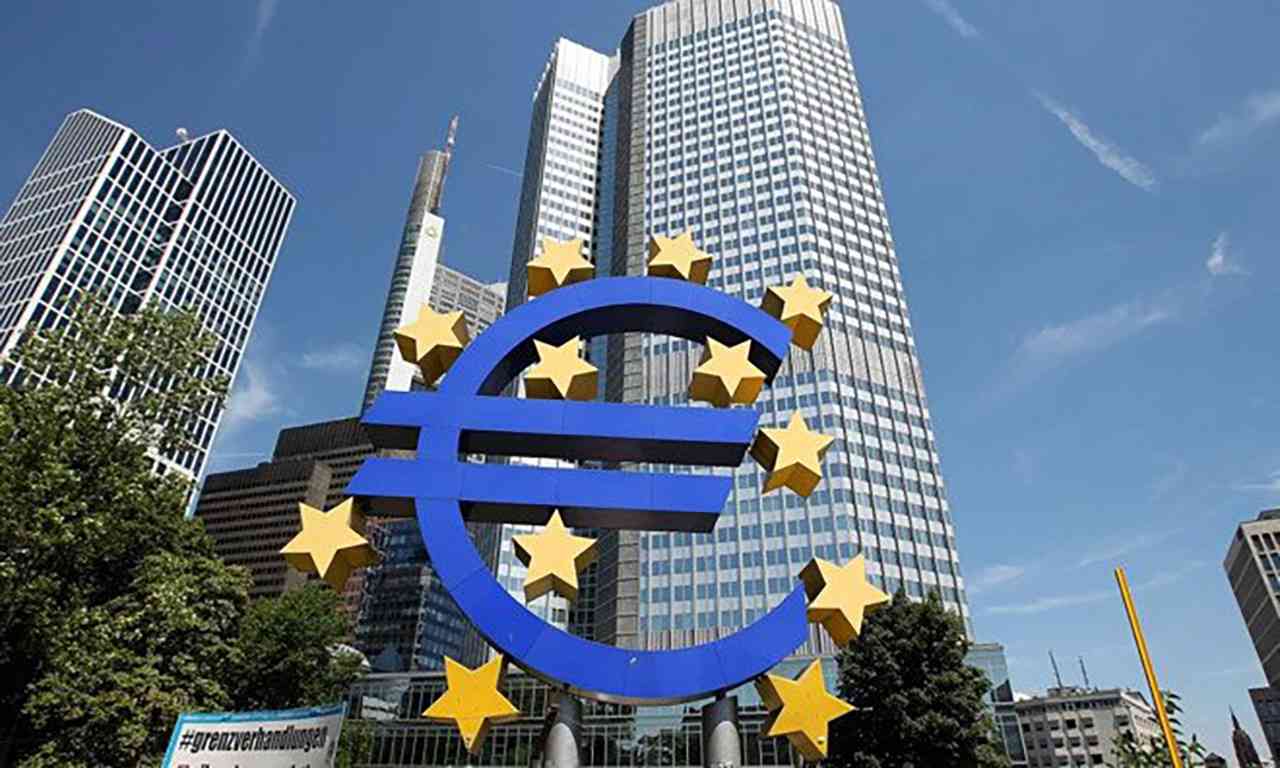Business activities in the eurozone improved markedly in July, recording the fastest growth in 15 years, according to a data survey.
The cancellation of more strict Coronavirus measures and the acceleration of the vaccination campaigns have led to the return of life to the services sector that dominates the bloc.
In contrast, supply chain strikes and labor shortages mean input prices are rising at the fastest pace in more than two decades.
Eurozone
Fears of additional restrictions to contain the fast-spreading Delta strain of the coronavirus have also fueled optimism.
The final reading of the IHS Markit Purchasing Managers’ Index, which is considered a good gauge of the economy’s health, rose to 60.2 last month from 59.5 in June.
This is the highest level since June 2006 and well above the 50-point level separating growth from contraction, although it is slightly below the initial reading of 60.6.
“Worries about the Delta variant have become more widespread, … subduing activity in some instances and raising concerns about the possibility of virus restrictions being tightened again,” Williamson said.
“Hence services growth in July was slightly less marked than the earlier flash estimate and future expectations cooled, presenting a significant downside risk to the outlook and hinting that growth could begin to slow again as we head toward the autumn.”
With the opening of more services activities, the sector’s PMI rose to 59.8 from 58.3 in June, below the initial estimate of 60.4 but still the highest final reading since June 2006.
Inflationary pressures were sensed by service firms, and the composite index for input prices rose to 69.9 from 69.8, a nearly 21-year high.
Strong growth
In a separate context, the eurozone economy grew at a strong pace in the second quarter, after rebounding from the recession caused by the repercussions of the Coronavirus pandemic.
According to the European Central Bank, the Eurozone banks are strong, based on the results of the tests of resilience in the face of the crises that the region witnessed in the recent period.
The eurozone was able to get out of the recession caused by the Coronavirus pandemic with the easing of preventive measures, and inflation exceeded the “central” target of 2% in July.
The European Union’s statistics office (Eurostat) announced that its preliminary estimate of the gross domestic product in the 19 countries dealing in the euro indicated a growth of 2% on a quarterly basis, and 13.7% on an annual basis.























































